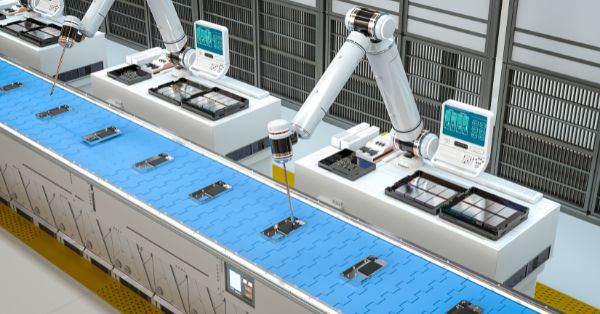India has achieved a remarkable milestone: the local assembly of 99% of the smartphones being sold there, due to a decade of policy preference, domestic investment, and foreign partnerships. But the country now has to overcome an even tougher challenge: developing its electronics manufacturing ecosystem to the addition of semiconductors, displays, and high-value components.
1. From Assembly Hub to Manufacturing Powerhouse
-
India's mobile phone production rose from ₹18,900 crore in 2014–15 to ₹4.1 lakh crore in FY24, a staggering 2,000% rise.
-
Global popular brands like Apple and Samsung and Google now manufacture high-end models—like iPhone Pro and Pixel 8—within India.
-
Indian local brands and Chinese manufacturers like Xiaomi, Vivo, and Oppo too have set up massive-scale units.
2. The Next Frontier: Components & Value Addition
-
While India has dominance in final assembly, it still imports critical components like chipsets, displays, and cameras.
-
Government Production-Linked Incentive (PLI) schemes are now targeting semiconductors and display fabs, but the roll-out has been slow thus far.
-
Experts say India must build a robust supply chain, from design through fabrication and test facilities, to become a global electronics hub.
3. Policy Push & Global Opportunity
-
The government is also eyeing $500 billion of electronics production by 2030, with a strong focus on exports and high-technology manufacturing.
-
China+1 policies and geopolitical winds are pushing global firms to spread their supply chains, and India has a golden opportunity.
There still exist challenges in the offing in infrastructure, skilled manpower, and R&D expenditure.
Sources: Hindustan Times, IndBiz, PwC Report

